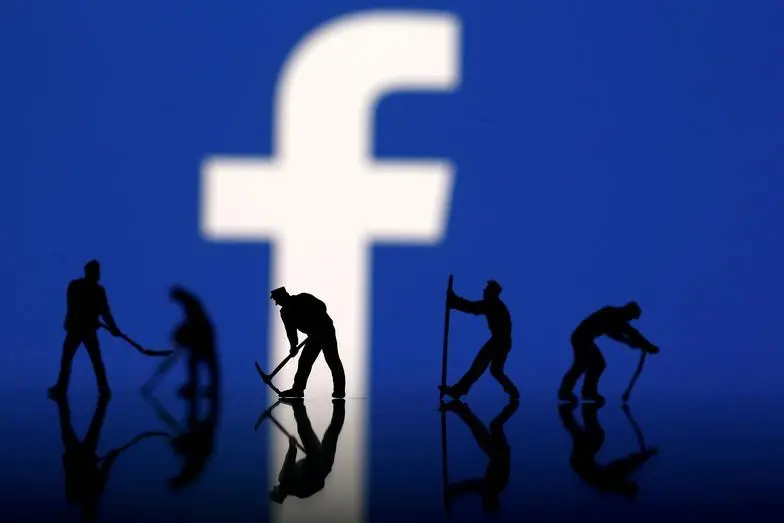PHOTO
SAN FRANCISCO - Facebook’s chief executive and investors may be at odds when it comes to the company’s cash pile. The $633 billion social network has a maturing business that throws off tons of cash. Its war chest grew about 37% in just two years to $52 billion through the third quarter of 2019. But spending the cash may be a lot harder than making it, and the most logical decision, share buybacks, favors Mark Zuckerberg.
The company risks blowback in Washington and Brussels if it launched any big acquisitions. Zuckerberg, who owns about 375 million shares, or about 13% of outstanding stock, would be subject to a 20% long-term capital gain tax rate if the company were to pay a dividend for the first time. Facebook could take a page from Google parent Alphabet and create a venture capital arm. Google Ventures, now known as GV, has invested in hundreds of startups with mixed success. But that would likely only eat up a fraction of the cash, and regulators may still take issue with deals, even at an arm’s length.
A stock buyback is a remaining option. In 2018, Facebook announced it was adding $9 billion to its $15 billion program. It’s on track to run through that effort possibly by the end of the year. But a buyback increases Zuckerberg’s already substantial power. Because of Facebook’s dual class structure, he controls about 60% of shareholder votes. Reducing the number of shares through a buyback would concentrate that hold even further.
Facebook is in a different position than when it announced its last buyback and shares were slumping. Its stock is up more than 50% over the last year, despite regulatory pressures. It’s not under the gun to appease investors per se. But the consolidation of power is already a sticking point. A CalSTRS portfolio manager referred to the structure as a “dictatorship” in 2018. Investors might rightly be annoyed that Zuckerberg would have his cake and eat it, too.
CONTEXT NEWS
- U.S. lawmakers said on Jan. 8 that Facebook had taken inadequate steps to combat misinformation on the social network in the lead up to the 2020 elections. They made their comments during a U.S. House Energy and Commerce Committee hearing.
- Monika Bickert, the company’s vice president of global policy management, testified at the event, which took place a day before Facebook announced it would remove so-called “deepfake” videos. But that policy didn’t apply to content that was considered to be a parody or satire.
(Editing by Lauren Silva Laughlin and Amanda Gomez)
© Reuters News 2020




















